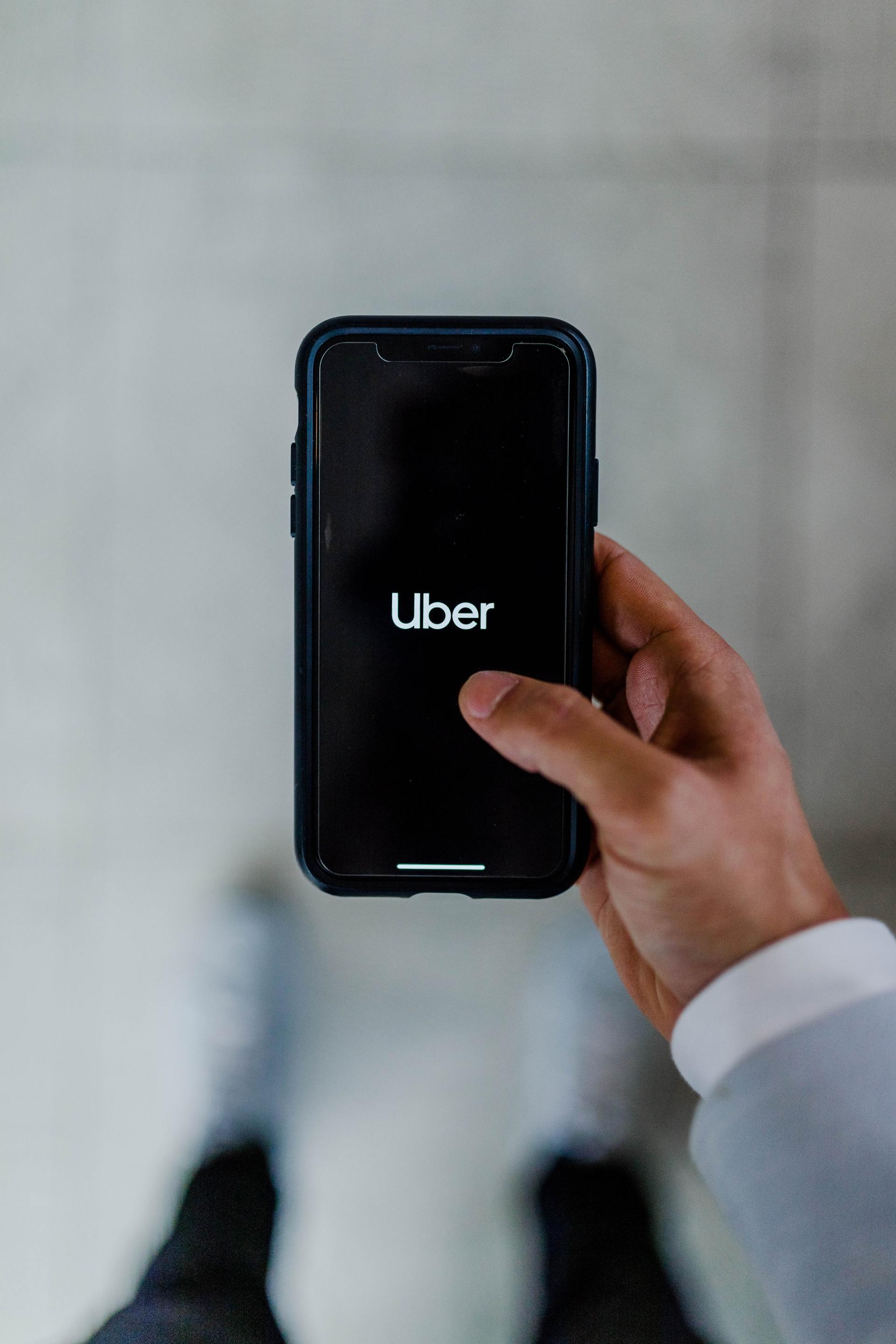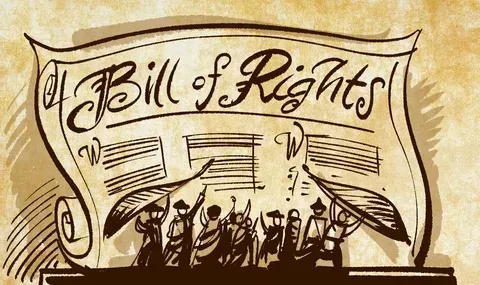Rideshare Liability – Who Pays?

Snow is falling and Punxsutawney Phil is already predicting six more weeks of Winter. Understandably then, people may be hesitant to take to the roads for fear of accident-causing patches of black ice. If you don’t feel confident to drive in icy conditions, you may – like millions of Americans – turn to a rideshare app like Uber or Lyft to get around.
Rideshare services have become a booming business. In fact, in 2019, an estimated 6.9 billion (yes, billion with a “b”) customer trips were completed by Uber alone, according to statistics compiled by app analytics reporter
Business of Apps. While ridesharing services like Uber and Lyft have grown in popularity across the country and across the world in recent years, it’s no surprise that so too has grown the number of lawsuits arising from motor vehicle accidents occurring during a rideshare situation.
This rise in rideshare accidents and the resulting influx of potential plaintiffs stemming therefrom has brought to the attention of the legal community a similar influx of questions from potential rideshare plaintiffs regarding liability when a rideshare accident occurs. Just who pays?
Put simply, rideshare accidents can be complicated and highly fact-specific, in that, depending on the precise factual circumstances in a given rideshare accident, liability can change dramatically. Additionally, ridesharing drivers – typically independent contractors – are not generally considered employees of the company for whom they are driving. Thus, companies like Uber and Lyft do not necessarily have legal responsibility for their drivers and are not necessarily liable for accidents caused by such drivers. However, in light of ongoing litigation in various states, specifically in California, a rideshare driver’s status as an independent contractor versus an employee is a legal issue still in flux in many places.
Even so, most major ridesharing companies nonetheless perform driver safety education, driver background checks, and motor vehicle checks for both the safety of the consumer and as due diligence to mitigate potential liability.
Importantly, insofar as liability of the rideshare company is concerned, similar to the commercial carrier insurance required for most taxi services, both Uber and Lyft carry liability insurance coverage of up to $1 million, but generally the policy has some limitations as to when it applies and to whom it covers.
Specifically, on its website, Uber outlines three different factual scenarios effecting coverage:
OFFLINE –
When an Uber driver has the app turned off and is driving their car for personal use.
Obviously, in this circumstance, there is no passenger, so this situation speaks only to the insurance coverage of the driver. Since the Uber driver is not driving for Uber at this time, and is instead driving for themselves, they are not covered by the insurance Uber maintains for their partnered drivers. Therefore, as in any traditional auto accident, accidents involving your vehicle which occur while not utilizing the Uber platform are covered by your personal auto insurance coverage.
APP ON –
Uber driver has the app enabled and is waiting for a rideshare request
While an Uber driver is online with the applicable and is awaiting a rideshare request to accept, but before such a request is actually accepted, they are covered for their liability to third parties if they are in an accident and at-fault. Coverage includes liability to pay another person’s medical bills or to pay for property damage (like damage to the other vehicle).
Coverage Limits in these situations vary by state, but are at least:
- $50,000 per person/$100,000 per accident for bodily injury
- $25,000 per accident for property damage
If you were struck by a rideshare driver, you may be able to make a claim against Uber’s third-party liability insurance, in addition to your personal insurance policy covering your medical expenses through your plan’s Personal Injury Protection (PIP) provision.
RIDESHARE REQUEST ACCEPTED AND ON TRIP -
On your way to pick up a rider and during a trip
After an Uber driver has accepted a rideshare request, Uber maintains coverage for three things:
- Third-Party Liability Coverage of at least $1,000,000 per accident.
- Uninsured or Underinsured Motorist (UM/UIM) Bodily Injury Coverage for the Uber driver and any passengers in the vehicle. This also covers hit and run accidents where the at-fault driver cannot be identified. Coverage limits vary by state, but are at least $1,000,000 per accident.
- Contingent Collision and Comprehensive Coverage up to the actual cash value of your vehicle as the Uber driver. There is a $1,000 deductible.
Lyft follows a similar three-tier insurance coverage plan for their drivers as well.
While this information is clearly useful for the driver, but what of the passenger or third-parties? Given this information, if you are riding in a rideshare vehicle
en route during your booked trip, or if you are a third-party who was hit by a ridesharing vehicle that was actively in service at that time – in other words, that the rideshare app was enabled and the driver was awaiting a rideshare request or actively on a trip – you should be covered by the company’s policy.
If, however, you are hurt in a collision with a rideshare vehicle, but one that is not actively logged into the application – essentially, “off the clock” – that driver’s personal insurance company should be responsible, but be warned: it is not uncommon for personal auto insurers of vehicles used for rideshare to initially deny claims until such time as they are made aware that the rideshare driver was not driving in their rideshare capacity. Again, this is why these types of cases are very fact specific.
An additional complication can arise if the rideshare company itself declines to cover a third-party claim caused by an active rideshare driver, citing their status as an independent contractor. They may attempt to push off the claim to the rideshare driver’s personal auto carrier. However, many personal auto carriers have policies which exclude coverage if the driver was acting for profit at the time of the accident.
As you can see, then, sorting out liability and which insurance company or individual is responsible for covering your claims can be a very tedious task. Therefore, if you ever find yourself in such a situation, and are the victim of a rideshare accident, having been injured as a passenger in a rideshare vehicle that was involved in an accident, or as a third-party who was hit by a vehicle being actively used for rideshare purposes, it is strongly recommended that you contact the Lento Law Group today. Our team of experienced and dedicated attorneys will fight to ensure you receive the financial compensation you deserve!
More News & Resources












